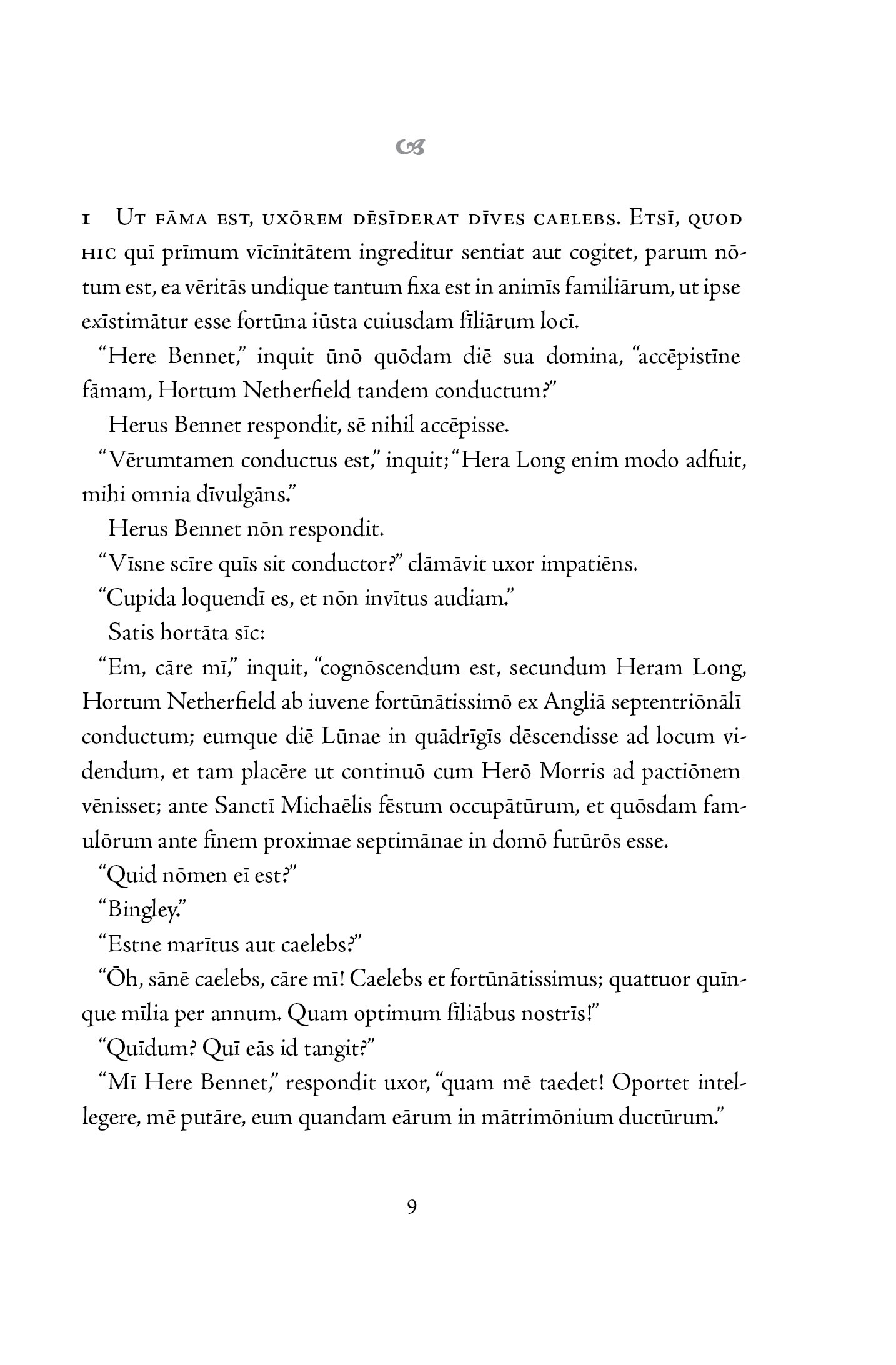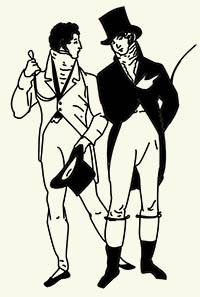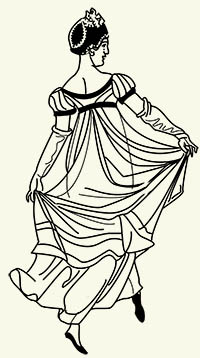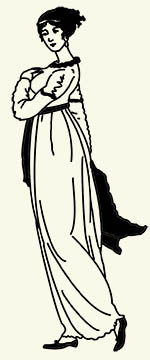Ut fāma est, uxōrem dēsīderat dīves cælebs.

To purchase a copy of Superbī et Iniquī, click here>.
Jane Austen's Pride and Prejudice in Latin
The Romans often complained about the difficulty of translating a foreigner’s works into Latin. Perhaps in their lament, they had a word to describe the particular torture attending anyone who attempted such folly. If they did, I haven’t found such an adjective. Nor do I know of a word to describe one who is foolhardy enough to translate an author such as Jane Austen, whose labyrinthine English replete with dangling modifiers is a challenge to any translator. I suppose the lack of a specific word only means that such torture self-inflicted is pleasure self-consumed, for there is the odd moment of personal joy that one’s choice of words might have gratified a Roman, that one’s string of indicatives and subjunctives might have, like some necklace of pearls, made a Roman’s eyes gleam.¶This search for the right word, the right turn of phrase should tell you what kind of translation this is. It is not AI-ed. Rather it has been a search not only for the right Latin word but for the right Latin style. Such a search leads one far beyond the dictionary to a place where definitions collide with usage and intent, where sociolinguistic rules take over, where the edge of what I know lies.¶So, it is at this precipice I lived. Using the internet kept me from the abyss. I checked the phrases I came up with by searching for them amongst the thousands of Latin texts online. More often than not I found, if not the exact phrase, something similar.¶I also referred to a French translation, L’Orgueil et Prévention, done in 1822 by Eloise Perks [1790-1850]. Her translation showed me how to get through the most difficult passages where English clashes so strikingly with French usuage and that of its ancestor Latin. ¶Here I should mention Tom Cotton’s translation Superbia et Odium done in 2015. Although I rarely referred to it for what I have done here, his translation was the first one I acquired and read and one that inspired me to do my own translations of various literary works. For this I am grateful to him.




